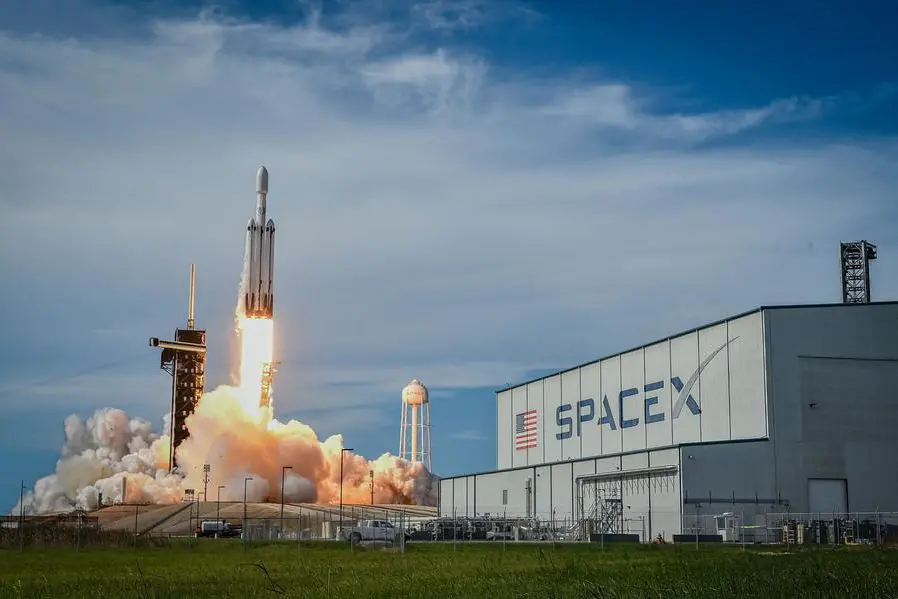PHOTO
Europe's weather satellite operator has cancelled plans to use the European rocket Ariane 6 less than two weeks before its first-ever launch, opting to go with US firm SpaceX instead, the French newspaper Le Monde has reported.
The latest blow to European space efforts comes after four years of delays to the Ariane 6, which is scheduled to finally blast off for the first time on July 9.
Contacted by AFP on Friday, the European Organisation for the Exploitation of Meteorological Satellites (EUMETSAT) could not immediately be reached, while the French company Arianespace, which developed and operates the Ariane 6 rocket, did not comment.
According to the Le Monde report, EUMETSAT's executive committee asked the board of directors representing the organisation's 30 member states to launch the MTG-S1 weather satellite on SpaceX's Falcon 9 rocket.
That would mean cancelling the contract EUMETSAT signed with Arianespace four years ago.
The MTG-S1 satellite had been planned to be the third launch on an Ariane 6 rocket, scheduled to blast off sometime early next year.
The Le Monde report did not specify exactly why EUMETSAT ditched the European rocket for US billionaire Elon Musk's SpaceX.
The CEO of France's CNES space agency Philippe Baptiste said it was "quite a brutal change as the flight was supposed to take place very soon."
"Clearly, today is a very disappointing day for European space efforts," he wrote in a LinkedIn post.
"I am impatiently waiting to understand what reasons could have led EUMETSAT to such a decision, at a time where all major European space countries as well as the European Commission are calling for launching European satellites on European launchers!
"How far will we, Europeans, go in our naivety?"
Baptiste called on the European Commission to "take the necessary measures so that all European institutional satellites are launched on small and large European launchers."
Ariane 6's long-awaited inaugural flight comes at a difficult time for European space efforts.
The years of Ariane 6 delays, setbacks for the lighter Vega-C launcher and Russia's withdrawal of its Soyuz rockets has left Europe without an independent way to blast its missions into space.
Before the latest setback, Ariane 6 rockets had an order book of 30 missions, and planned to launch nine times a year.
SpaceX's Falcon 9 rocket -- which is reusable, unlike Ariane 6 -- is planning 144 launches this year alone.





















